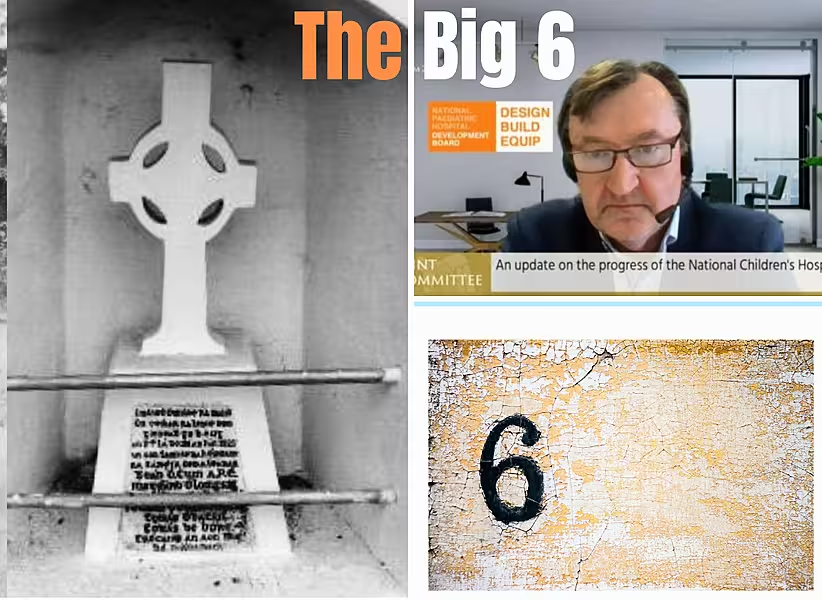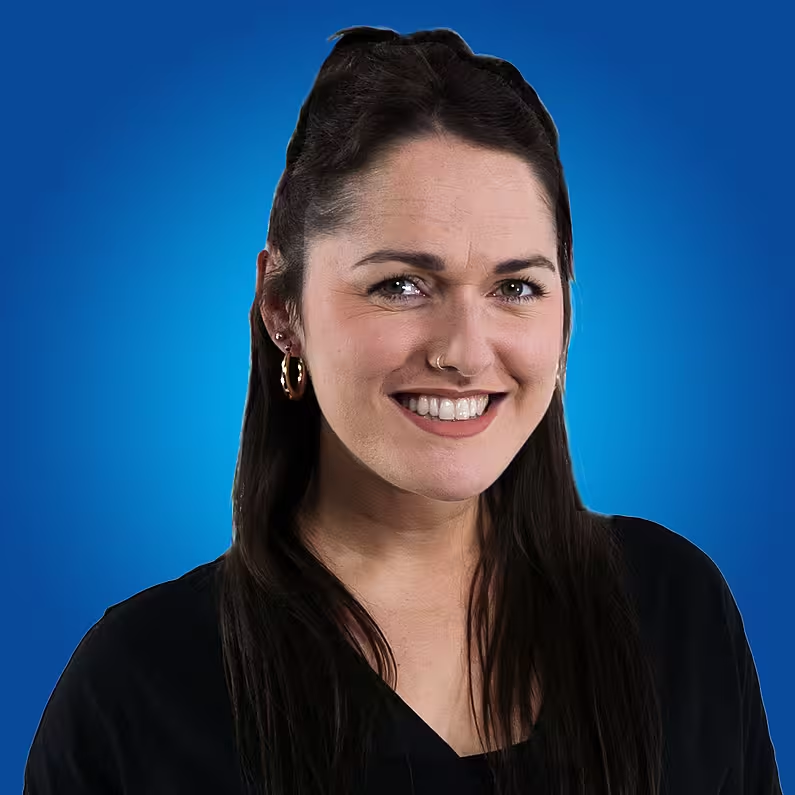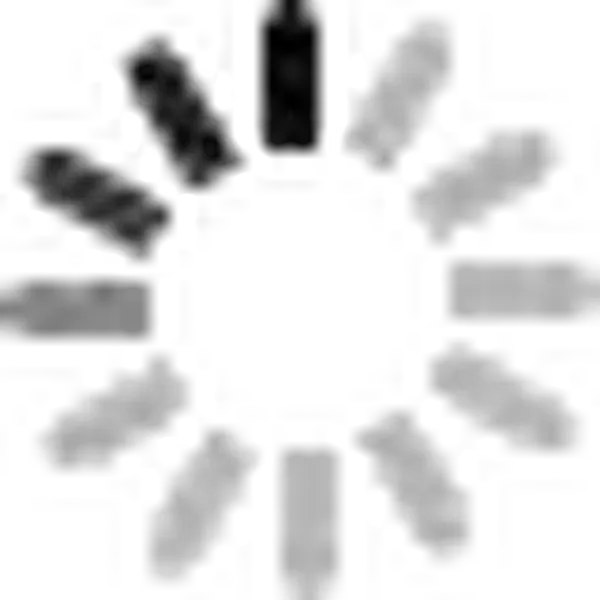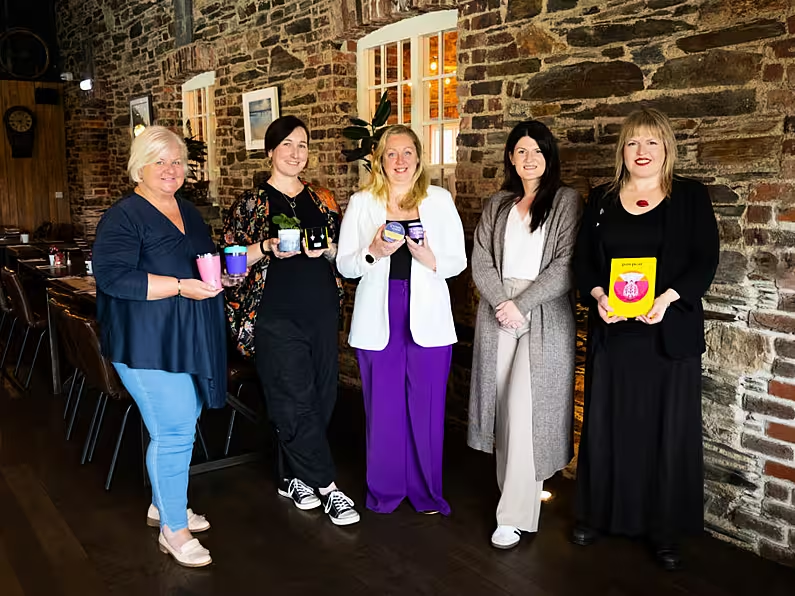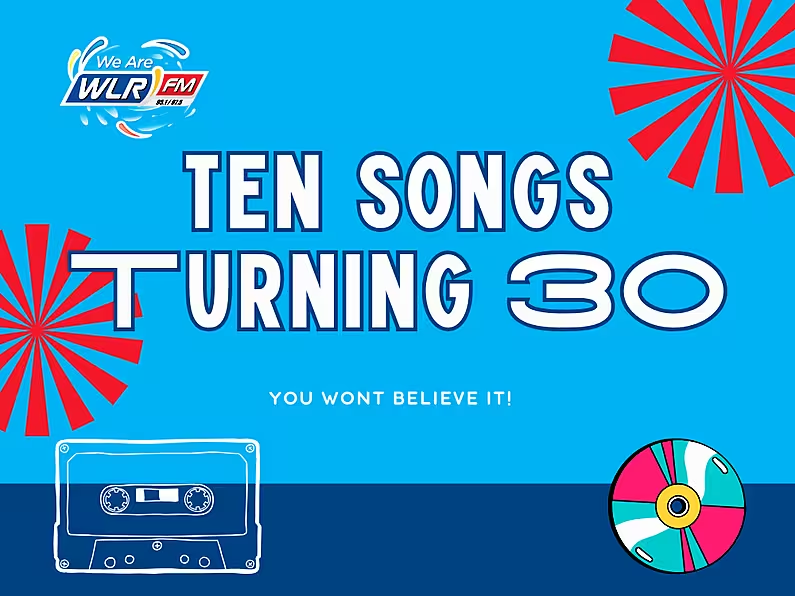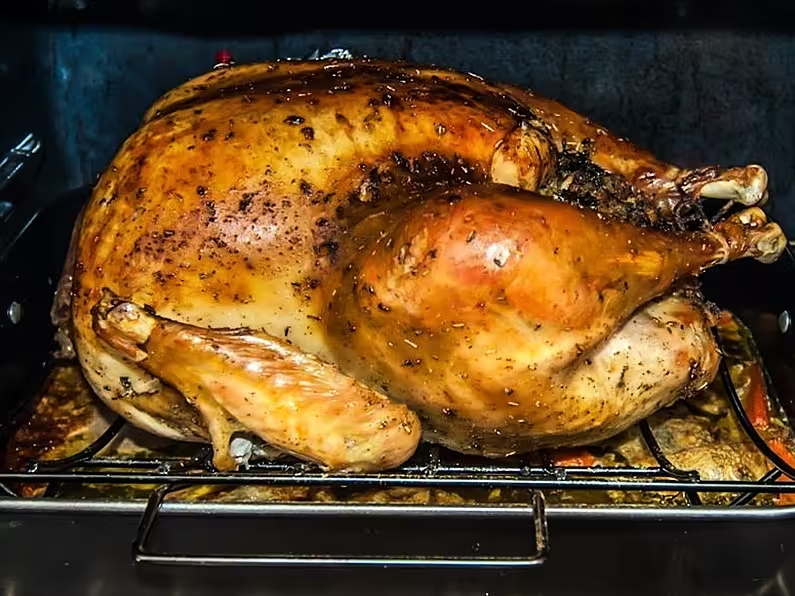SPECIAL PODCAST SECTION
Here is the audio of the Easter message from President Michael D Higgins broadcast on Good Friday 10th April 2020.
Click here for full text.
HELPFUL INFORMATION
President Michael D. Higgins has recorded a Covid19 message for the people of Ireland which was broadcast on all local, regional and national radio stations today (Thursday 2nd April) at 12 midday.
In it the President paid tribute to frontline workers fighting the Pandemic and he also sympathised with those who have lost loved ones to the virus.
Read the full transcript of the speech here or listen below:
RESTRICTIONS
New restrictions announced by the government on Tuesday 24th March including the closure of all non-essential retail outlets and an increase in garda presence in public amenity sites.
Full details below:
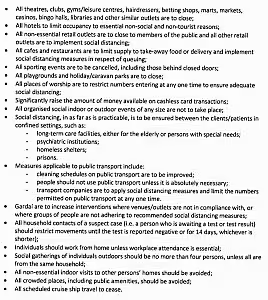
GOVERNMENT LAUNCH EMERGENCY UNEMPLOYMENT PAYMENT
The Department of Employment Affairs and Social Protection has introduced emergency unemployment payment for up to 6 weeks for employees and self employed who have experienced temporary lay off due to the coronavirus.
Click here to find out more

HOTLINE FOR OLDER PEOPLE
Alone Ireland have launched a helpline for older people who have concerns or are facing difficulties relating to the outbreak of COVID-19 (Coronavirus) in Ireland, in collaboration with HSE and the Department of Health.
The phone line is open from 8am-8pm Monday-Friday and the number is 0818 222 024.
MOUNT SION CHOIR GET ON BOARD TO GET MESSAGE TO YOUNGER PEOPLE
Waterford's Mount Sion Choir have made a video, which they have shared on social media, to get the message about the importance of social distancing across to younger people.
Watch the video below and share it with those who need to see it.
PLEASE RETWEET FOR YOUNG PEOPLE EVERYWHERE
We used our voices to speak, not sing, this time
We want to reach young people all over the world
We can make a difference and flatten the curve NOW#COVID19 #Ireland @roinnslainte@WHO@Education_Ire @PresidentIRL @ProfJohnCrown pic.twitter.com/ZGQgHIUdFF— Mount Sion Choir (@mountsionchoir) March 16, 2020
What is Coronavirus (COVID-19)?
Coronavirus, or more specifically COVID-19, is a new illness that can affect your lungs and airways. COVID-19 comes from the coronavirus family and hasn’t been experienced before. The virus originated in China and since early 2020 has spread from China across mainland Europe, to Ireland, and further afield.
It is a novel coronavirus – a new kind of coronavirus – that hasn’t been seen before.
While the risk of catching coronavirus in Ireland remains low, there has been a growing number of cases confirmed around the country.
If you believe you have come in contact with a person who has COVID-19 you should contact HSE Live by phoning 1850 24 1850.
The following information has been supplied by The World Health Organsation.
Basic protective measures against the new coronavirus
Stay aware of the latest information on the COVID-19 outbreak, available on the WHO website and through your national and local public health authority. Most people who become infected experience mild illness and recover, but it can be more severe for others. Take care of your health and protect others by doing the following:
Wash your hands frequently
Regularly and thoroughly clean your hands with an alcohol-based hand rub or wash them with soap and water.
Why? Washing your hands with soap and water or using alcohol-based hand rub kills viruses that may be on your hands.
Maintain social distancing
Maintain at least 1 metre (3 feet) distance between yourself and anyone who is coughing or sneezing.
Why? When someone coughs or sneezes they spray small liquid droplets from their nose or mouth which may contain virus. If you are too close, you can breathe in the droplets, including the COVID-19 virus if the person coughing has the disease.
Avoid touching eyes, nose and mouth
Why? Hands touch many surfaces and can pick up viruses. Once contaminated, hands can transfer the virus to your eyes, nose or mouth. From there, the virus can enter your body and can make you sick.
Practice respiratory hygiene
Make sure you, and the people around you, follow good respiratory hygiene. This means covering your mouth and nose with your bent elbow or tissue when you cough or sneeze. Then dispose of the used tissue immediately.
Why? Droplets spread virus. By following good respiratory hygiene you protect the people around you from viruses such as cold, flu and COVID-19.
If you have fever, cough and difficulty breathing, seek medical care early
Stay home if you feel unwell. If you have a fever, cough and difficulty breathing, seek medical attention and call in advance. Follow the directions of your local health authority.
Why? National and local authorities will have the most up to date information on the situation in your area. Calling in advance will allow your health care provider to quickly direct you to the right health facility. This will also protect you and help prevent spread of viruses and other infections.
Stay informed and follow advice given by your healthcare provider
Stay informed on the latest developments about COVID-19. Follow advice given by your healthcare provider, your national and local public health authority or your employer on how to protect yourself and others from COVID-19.
Why? National and local authorities will have the most up to date information on whether COVID-19 is spreading in your area. They are best placed to advise on what people in your area should be doing to protect themselves.
Protection measures for persons who are in or have recently visited (past 14 days) areas where COVID-19 is spreading
- Follow the guidance outlined above.
- Stay at home if you begin to feel unwell, even with mild symptoms such as headache and slight runny nose, until you recover. Why? Avoiding contact with others and visits to medical facilities will allow these facilities to operate more effectively and help protect you and others from possible COVID-19 and other viruses.
- If you develop fever, cough and difficulty breathing, seek medical advice promptly as this may be due to a respiratory infection or other serious condition. Call in advance and tell your provider of any recent travel or contact with travelers. Why? Calling in advance will allow your health care provider to quickly direct you to the right health facility. This will also help to prevent possible spread of COVID-19 and other viruses.
The Latest on Covid-19 on WLR
